Disclaimer: In Real Life is a platform for everyday people to share their experiences and voices. All articles are personal stories and does not necessarily echo In Real Life’s sentiments.
In the news, there have been many instances of celebrities being judged for how they look. One recent example is how the internet responded to Billie Eilish’s body type.
It’s not just women who get judged for not conforming to unrealistic body types, men do too. Here are some examples of Malaysian men and the insecurities they go through.
“I used to starve myself hoping I would lose weight.”
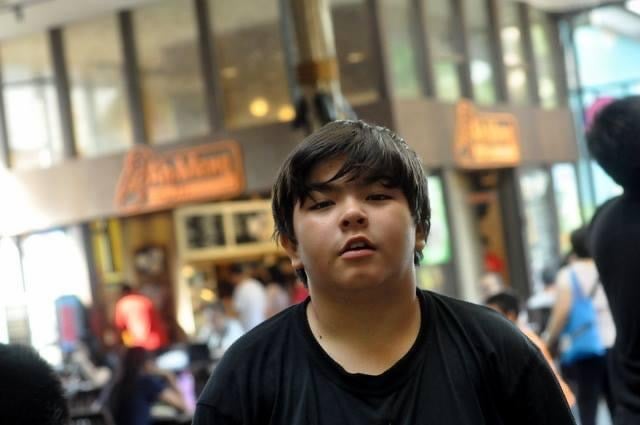
When maurice was 12
“When I was 10 years old, I started gaining an excessive amount of weight. People would comment on it, and that’s when I started getting insecure about how I look,” Maurice shared.
“First the comments started with my family. Whenever my dad would see me eating he would say things like ‘You eat so much no wonder you are fat’ and then it continued in school.”
“Some of the students in primary school would call me ‘fei ang moh’ which means fat white kid in Cantonese,” he explained.
The students would make a lot of jokes like:
“You are so fat, you can’t walk through the door.”
“You are so ugly.”
“You are so fat, you can’t even run.”
And even:
“You look like a ball.”
“I would just try to ignore these comments and laugh it off. However it deeply embedded an insecurity in my mind,” Maurice stated.
As he got older and joined secondary school, the comments changed but they were still as hurtful. His friend’s would call him a fat piece of sh*t. Maurice adds, “There would be times, I would tell them they are hurting feelings but they would respond with ‘it’s just a joke’ and dismiss my feelings.”
Maurice says that guys are expected to “man up” and act like it doesn’t affect them — if not, you are seen as weak, too.
“It made me feel like I was not good enough and that I will never be fit.” He said.

Maurice said he would avoid talking to girls too because he felt like he had no chance because of his body size. “I did not want to get close to people because of the fear of them mentioning my weight,” He admits.
“It even got to the point where I would not go swimming with my friends since I didn’t want to show my body. Therefore, I would create excuses like I have an open wound and such.”
He would constantly wear loose shirts and stand in the back in the group photos to cover his body. He wanted to change his body so badly but losing weight was always a challenge to him.
“Every year, I would get motivation to work out and eat healthy but there would people that would be making fun of me and saying things like ‘look at this fat piece of sh*t losing weight. This would make me lose the spark of motivation and fail.”
“There were times I would starve myself. But the next day I would be so hungry and eat more the next day. This just made me gain more weight,” Maurice explained.
At 17, Maurice starved himself for 2 weeks and only drank water. He lost 11 kg in 2 weeks. “I eventually realised I needed to eat and ate only to make me gain more weight again,” he acknowledged.
Thankfully, the year after that, Maurice started seeing some hope in his situation.
“When I turned 18, I met people who really motivated me to lose weight. They encouraged me to work out and eat healthier, without any judgement thrown in. That year, I lost 14 kg,” Maurice smiled.

After maurice lost 14 kg
“I still do want to change how I look and lose weight. But the difference is, I am just not as bothered about it now. I do wish I had this mindset when I was younger, to not care what people think of me.”
His experience had taught him that jokes especially on someone’s appearance should not be made and even if it is, there should be a limit to it. “You never know what is going through one’s mind. These jokes damage their mental health and affect their perception of their own self.”
My friends used to tease me and call me ‘bulu’ which means ‘hairy’.
It started in primary when Akshay used to get teasing from his peers. There would be boys making comments and they would call him ‘bulu.’
“To add to that, my relatives would also ask things like ‘Why don’t you wear shorts more often?’ or ‘Why do you always wear jeans?’ And before I could answer my parents would reply, ‘Because he is self-conscious about his hair.’ ” Akshay shares.
Initially, he was not bothered by it, but after a while the comments started getting to him. “I started thinking there was a problem with me when there actually wasn’t.”
Whenever he would go to a water park or beach he would not feel comfortable removing his shirt so he’d leave it on.
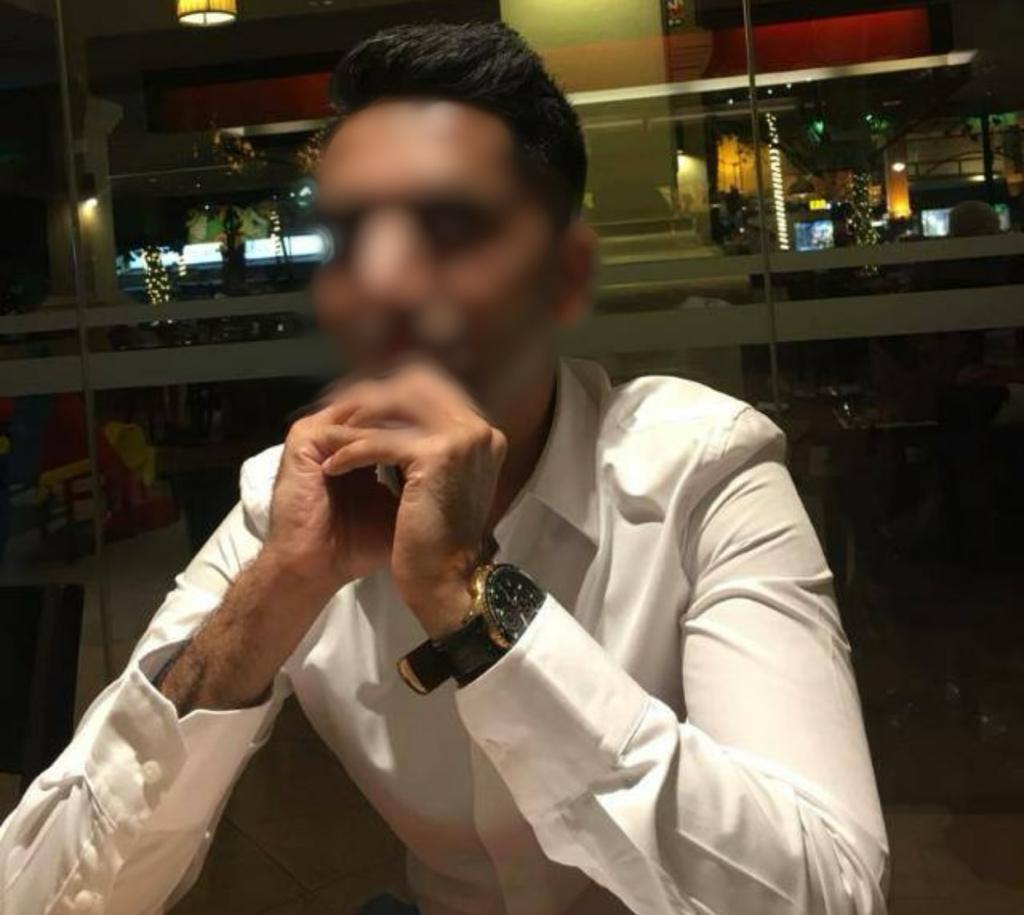
“I wish they knew that not everything needs to be talked about and they don’t need to know everything. If I decide that I do not want to do something or want to do something, I do not need their opinion or consult them,” he says.
“That being said, my peers are usually more aware and careful of saying something offensive. But the older generation can be crass with the way they say stuff.”
When he was younger, Akshay had contemplated procedures like laser hair removal.But it cost a few k, which was way too expensive.
“Once I hit my late teens, I actually began to accept my body hair. Now I don’t feel so conscious about it anymore. I just learnt to accept it and move on.”
“People just need to understand whether directly or indirectly, them passing comments or judgement could cause people to have body images or even other issues,” Akshay concluded.
A girl I dated broke up with me because I did not look ‘manly’ enough.
“All my life, I have gotten comments on how I look. I have heard ‘you are so skinny, you could be blown off by the wind’ or that I was not strong enough to do certain tasks so often,” Chad stated.
Chad never took these comments to his heart. “It was always something that lingered but something that I accepted, being a weak skinny kid.”
However, his self-confidence was shaken when he got dumped by a girl he dated when he was 20.
“She broke up with me because I was not ‘manly’ enough.”
He added, “And my timidness and awkwardness did not help my case.”
But what is considered to be manly?
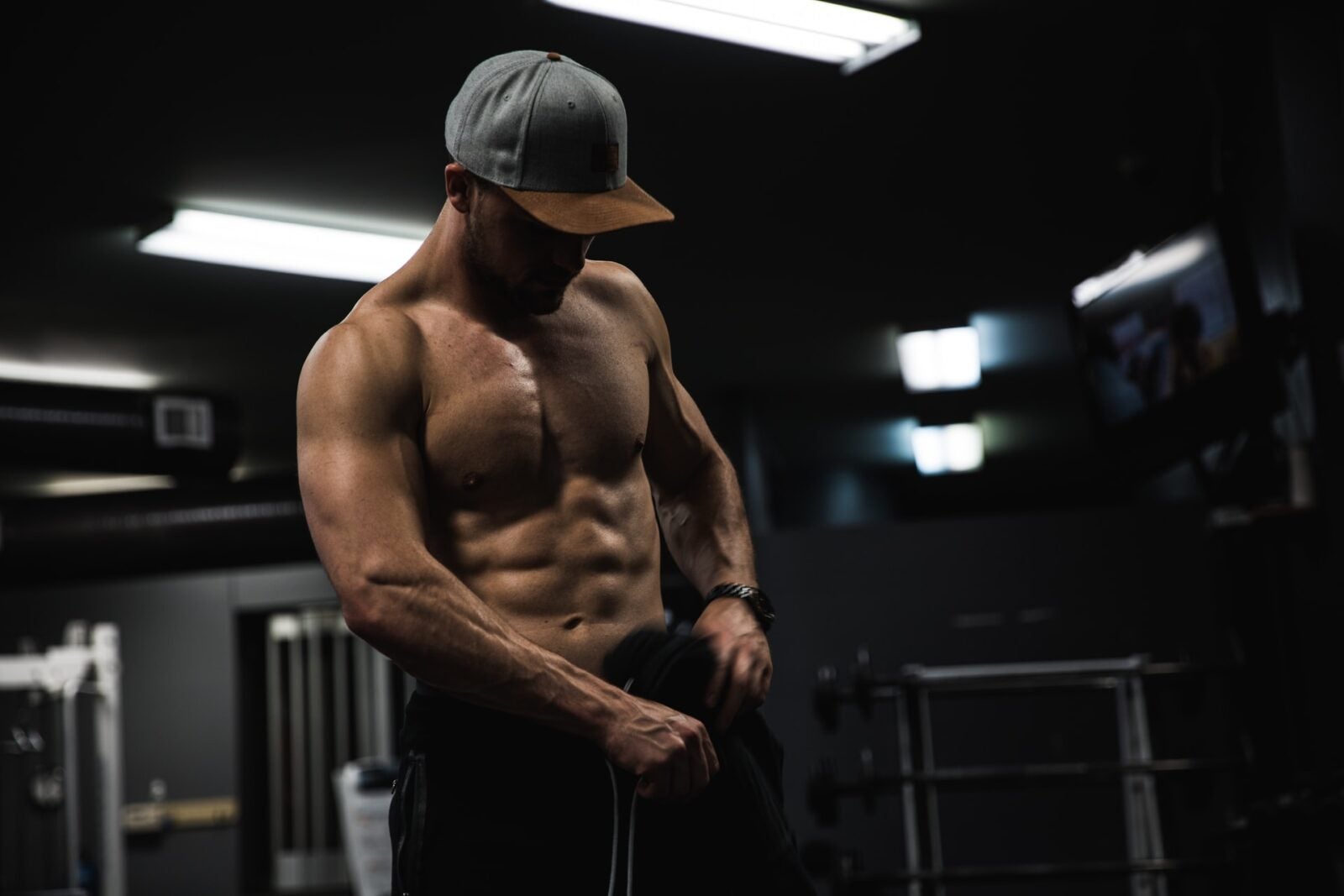
“I guess she wanted someone who looked and acted self-assured, dominant and strong. She wanted me to act and look like a stereotypical man which I was not.” Chad explained.
Her words festered in his mind. For months, he was really down and felt like he was not good enough.
“I wish I could go back to young Chad and say not to care about what people say or think about you.”
So what did he do?
“I just did not want to be the skinny boy anymore.” He started taking more interest to make himself look more dominant and strong.
“I started working out and eating more and have been doing so for the past 2.5 years. I have gained muscle and brought my weight up,” he shared.
“But because of my high metabolism, if I don’t constantly eat or work out it’s hard to maintain the weight,” Chad shared.
Now, he eats 5-6 meals a day and works out 4-6 times a week. “I changed the way I dress too, even though I’d prefer to wear oversized clothes, I would wear shirts that are more fitting to show more muscle.”

Chad’s before and after progress
Chad also says how he decided to change his character too, to be less awkward and timid. However it was a challenge in the beginning.
“Sometimes I felt the need to prove myself in arbitrary things to try and leave a good impression on people I’ve just met. I’d beat myself up when it doesn’t go my way, and just get bummed out whenever I start to think about it.”
He would think about conversation points that might be a fleeting moment to others, but to him it would linger for weeks. “I would constantly think how I could have rephrased the sentence in a different way to make the other person view me in a better light,” he continued.
The insecurity was always there, and to a certain extent it still is. “The feeling of not being good enough still lingers from time to time.”
Now, Chad has learned and matured to function much better now. “I still pay attention to how I present myself to other people, but it just does not bother me as much as before,” Chad explained.
He says he has grown to take criticism at face value but also to not really care much. “I realised people will only see things from their point of view and not everybody thinks of me the way I think of myself.”
“I was told girls would not like me because my skin colour was too dark.”
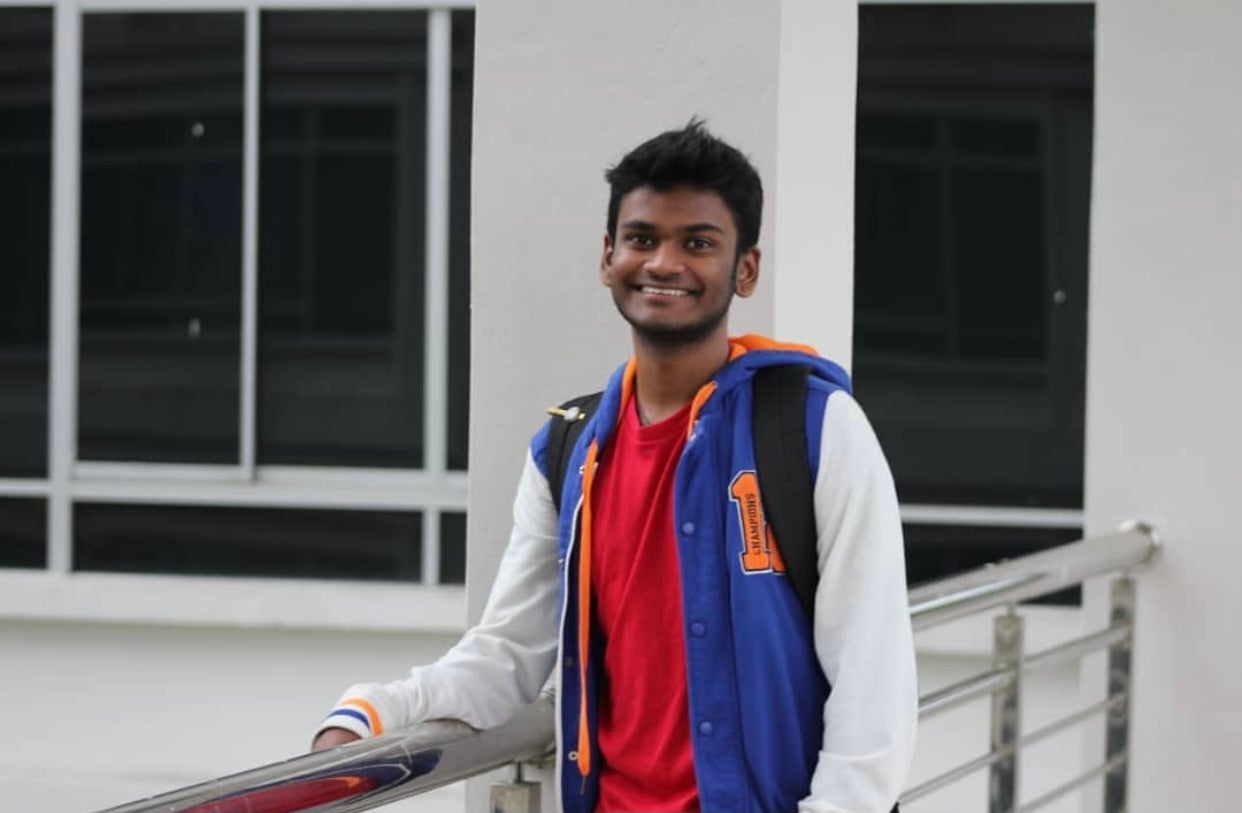
When Aekkraj was a baby he used to be very fair. However, as time went on and he got tanner, his relatives would make statements such as ‘look at how dark you turned.’ They would express shock at how someone who was a fair baby became dark.
“I would take their words as advice and think they are just helping me,” Aekkraj said, “But my skin tone got darker during my preteens when puberty hit and hair growth came into the picture.”
Adding to that, Aekkraj’s body hair caused his skin tone to look darker than it actually is.
“Therefore at 13, I started purchasing whitening products. I used to tell myself that I cannot become darker than this and would always wish I could become at least two shades lighter,” he responded.
Aekkraj admits that he was ashamed of his skin tone and he would try his best to not look brown. “That was always the goal.”
“In the past, there were few times my skin colour was mocked within my friend groups, like when the lights go off they would say ‘oh where are you?’ There was one time when a friend told me how a girl would not like me back because of my complexion.”
“That was one of the only times someone straight up told me I could not do something because of my skin tone,” Aekkraj continued, “I do not condone my friends’ comments and it was hurtful.”
“However, since I went to an international school where people knew that race and colour of skin was not something to joke about, it stopped with only these comments. I do realise I was privileged and had it quite easy compared to other people I know.”
Aekkraj shares how he has heard worse cases in other schools. “They would have worse remarks told to them compared to me. People would just throw out racial slurs and call you black casually and the school would let it slide.”
In his school life, Aekkraj never felt like he was ashamed of his skin colour because he was surrounded by a great set of friends. But the outside world was different news.
When he turned 15, he realised how his dark tone made him different. While his friend’s parents would tell their kids to avoid dodgy and sketchy areas, he didn’t get the same advice from his own.
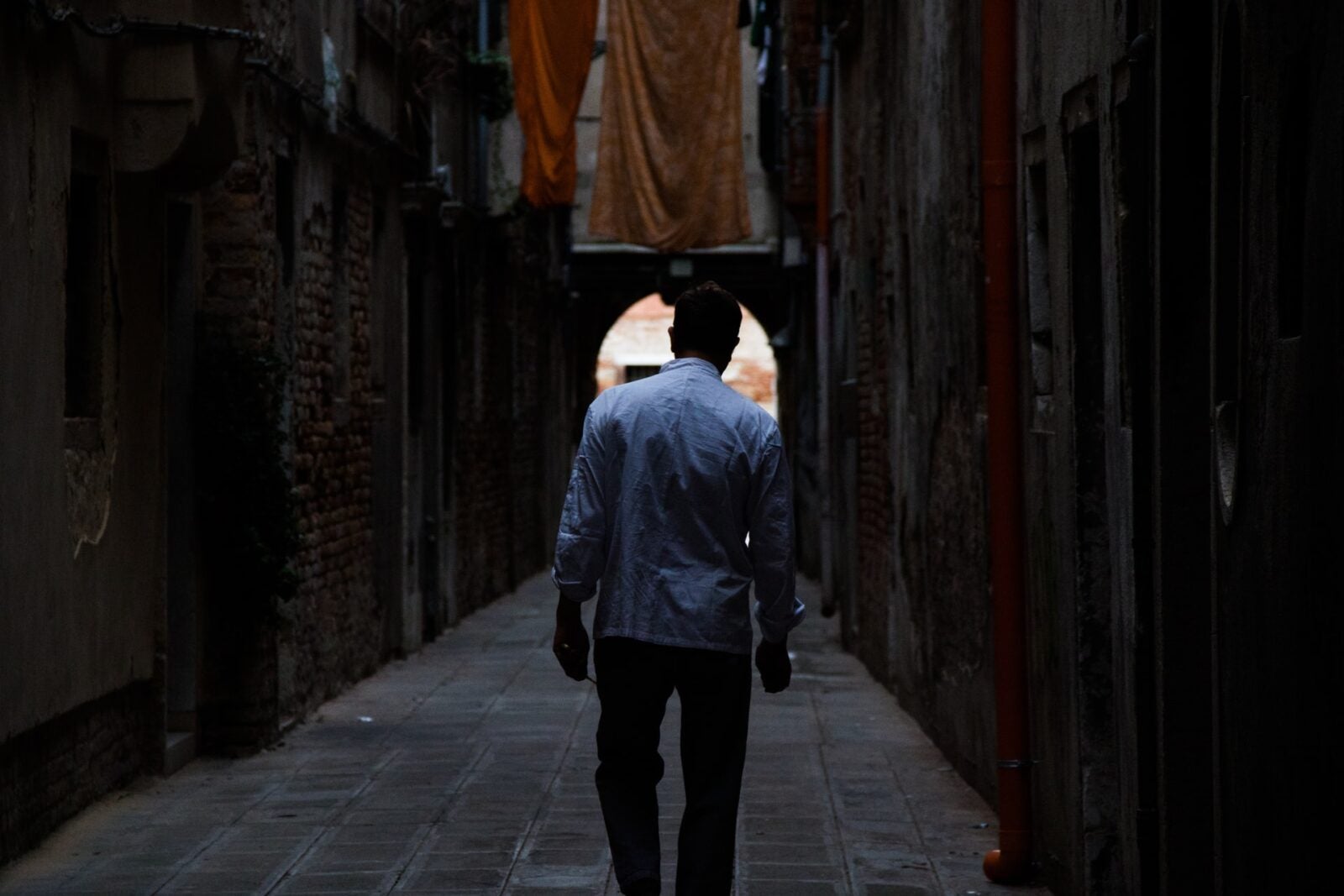 Unsplash
Unsplash
“It’s a terrible thing to say and think but I had no reason to be scared. I’m pretty sure, When other people’s parents say to be careful at these places, they mean to avoid people who look like me. There were times I would walk past a car and I can hear the door lock or clutch their bags tighter.”
But he realised, it was not the same for his peers with fairer skin tones. “People would tense up and act cautious around them. They would feel more comfortable with a lighter skin guy walking past them compared to me,” Aekkraj explained.
“Since I did not have to fear during times when people were typically afraid, it made me gain confidence, although the reason is quite sad,” he added.
As he matured, he started developing the mindset of ‘who cares about one’s skin colour.’ In fact, he started seeing power in his skin tone.
“When I started seeing more representation in the media and more role models, with similar skin tones like Satya Nadila, CEO of Microsoft and Mindy Kaling, an actress made me ask myself ‘why am I trying so hard to change myself?’
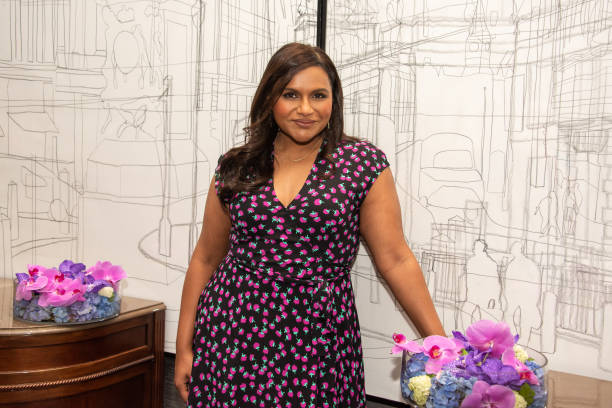
Vera anderson / contributor
That is when I realised the colour of skin doesn’t matter, I should just work on myself,” he asserted.
Ever since then, when people try to get him to buy their whitening products, he rejects them. He doesn’t think whitening products are worth a single penny.
“At this point, I don’t try to change my skin colour, instead I embrace it. Even when my family comments on how dark I have become and that I should try to go back to that tone, I just straight up tell them no.”
The older Indian generations need to stop associating desirability and success with the colour of skin. “It started when the country was colonised by people who were relatively fair-skinned. Because of that people have perceived that lighter skin is more superior,” Aekkraj explains.
Up to this day, there are parents that encourage their kids to use bleaching products on their skin to make themselves look fairer. Nonetheless, people are starting to fight back against these and trying to stop companies selling these products.
“Today, comments about my skin colour does not affect me at all and I don’t even think twice about it. I have come to the conclusion that my skin colour doesn’t indicate what kind of person I am” Aekkraj said.
For more stories like this, read:
Here Are 4 Malaysians Who Overcame Body Shaming. These Are Their Stories
You might also like
More from Real Mental Health
“I Was Scared of Waking Up in Handcuffs,” shares Depressed M’sian on Repealed Law
In 2023, Malaysia repealed Section 309, a colonial-era law that made suicide attempts a crime. The change marked a shift …
‘Everyone Saw A Successful Student While I Was Crumbling,’ Shares 22 Year Old Student
This is a story of a 22 year old woman who shared her story as a Straight A’s student as …
5 Harmful Mental Health Myths Malaysians Still Believe
Let’s break down five of the most common myths Malaysians still believe, and why it’s time to let them go.



















